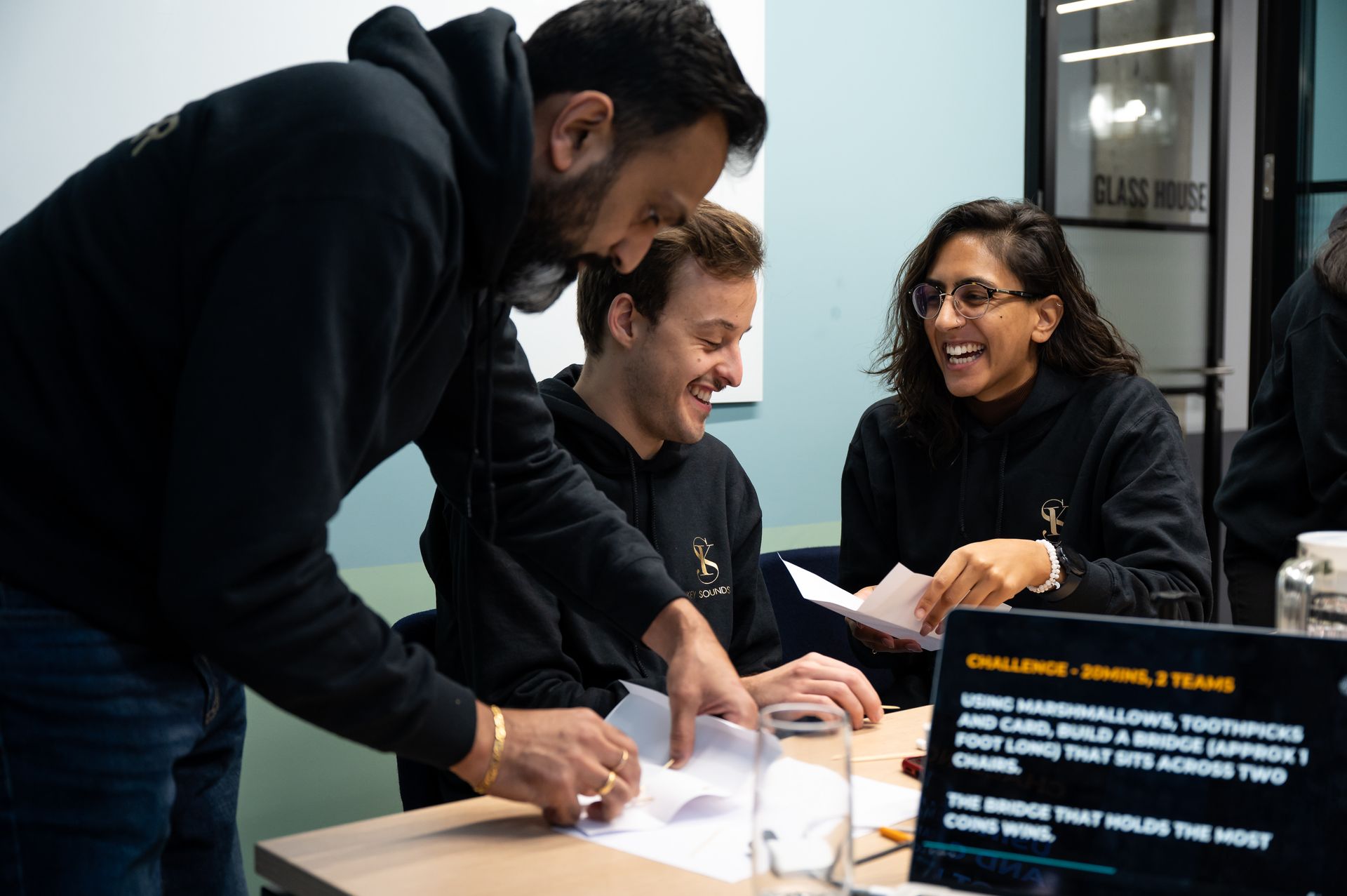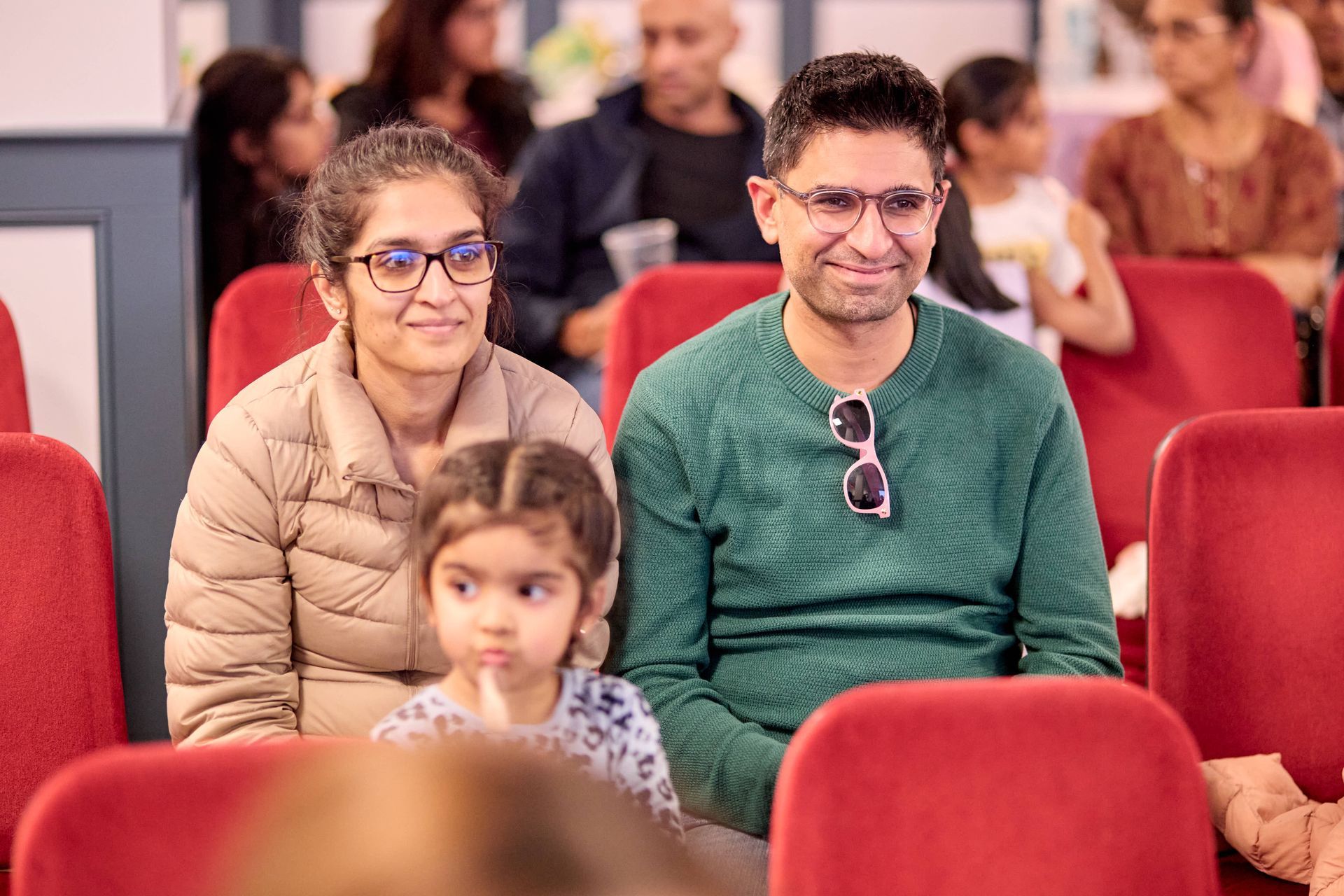How to Turn Piano Practice into Productive yet Playful Practice
Piano practice doesn’t have to feel like a chore! Adding an element of play can make it an enjoyable part of your day.
1. Turn practice into a game – use a timer and see how many times you can play a section correctly in five minutes, or create a “practice bingo” card with tasks like “play softly,” “practice scales backward,” or “play standing up.” Reward progress – aim to reward students with small treats or privileges to keep motivation high.
2. Add friendly competition to make practice more exciting. If you have siblings or friends who play, hold mini-recitals or compete to memorize a short piece the fastest.
3. Challenge yourself with personal goals – an example of this could be learning a new song in a week or improvising a melody over a chord progression.
4. Record your sessions and watch your progress – it’s inspiring to see how far you’ve come!
5. Use technology to your advantage – apps like Simply Piano or Flowkey offer interactive, gamified lessons, while YouTube tutorials provide endless inspiration.
6. Play songs you genuinely enjoy – mix favourite pop songs, movie themes, or video game music into your routine alongside classical exercises. A balance of fun and structure keeps practice fresh and exciting—because music should always be enjoyable!
Get in touch to find out more information here: www.keysoundsuk.com/contact



